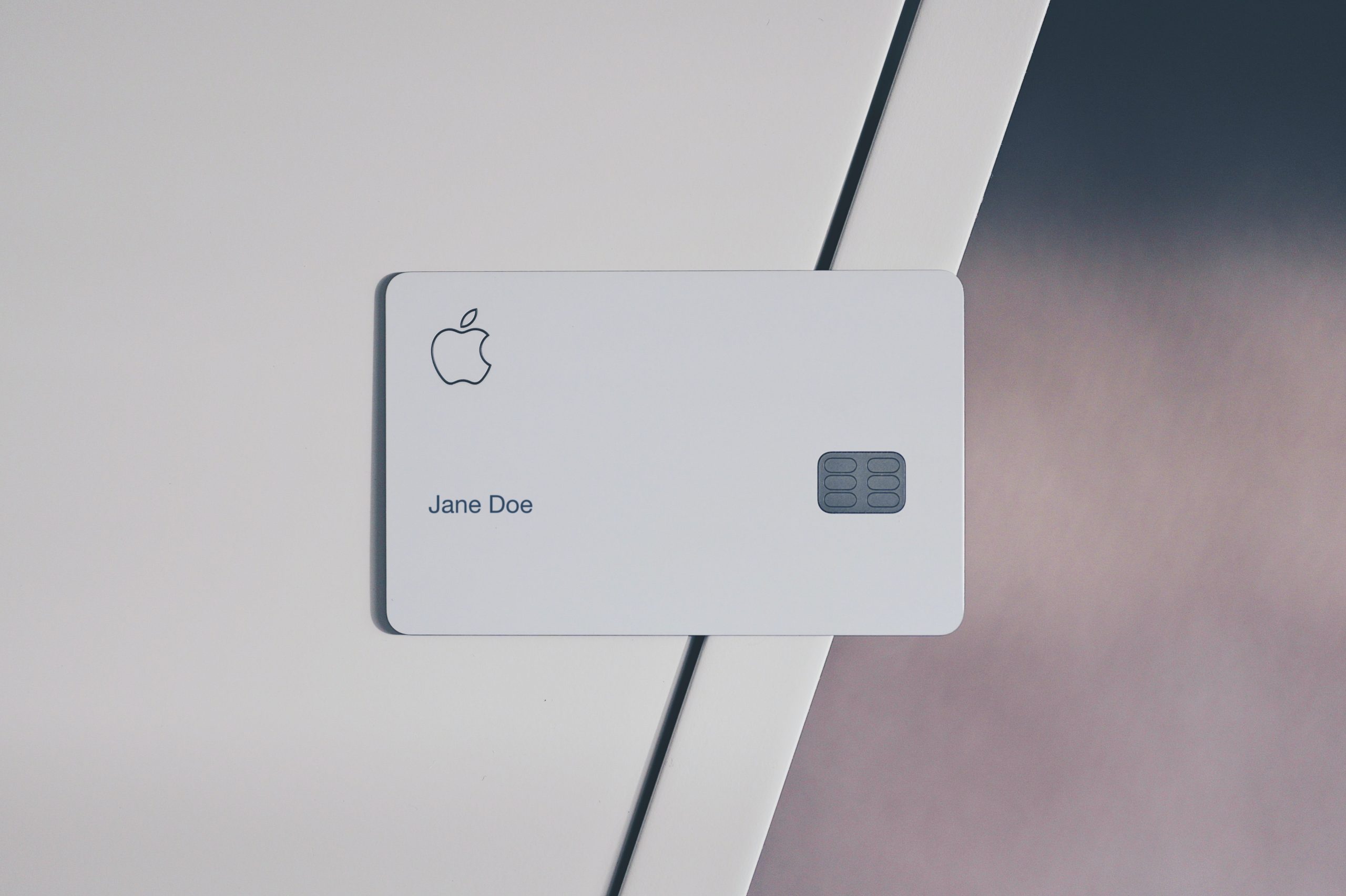The phrase “credit limit” refers to the maximum amount of credit given to a customer by a financial organization.
A credit limit on a credit card or a line of credit is extended by a lending institution.
Credit limits are normally determined by lenders depending on the information provided by the credit-seeking applicant. A consumer’s credit score and their ability to get credit in the future are affected by their credit limit.
How Does a Credit Limit Work?
When you apply for a credit card or line of credit, your credit provider establishes your credit limit. To make its choice, it looks at your income, current debt level, and credit history.
If you’ve missed payments in the past or have a lot of debt compared to your income, for example, you may start out with a low credit limit. You won’t know your credit limit until you’ve applied for a credit card and been authorized.
A secured credit card, which is backed by a cash deposit, is an exception. If you cease making payments on your card, the cash deposit will be used to pay it off. The credit limit on your card will normally be equivalent to your security deposit.
Your credit limit may change over time if you keep the credit card. If you use your credit card responsibly and pay your bills on time, you may be authorized for credit limit increases on a regular basis, even if you don’t ask for them.
In the same way, your credit limit may be lowered if you are late on payments or if your debt grows to a level that the credit card company thinks is dangerous.
Your credit limit can be found on your billing statement or by going into your online account or calling customer support for your credit card.
Your credit limit is established by your issuer when you apply for a credit card.
What Factors Affect Credit Limits?
Lenders impose credit limitations. And a number of factors might influence the decision. Companies may examine your credit score, credit records, and credit applications.
Here are some questions that lenders could think about:
Payment history
- Do you pay all of your expenses on time, including your monthly credit card bills?
- Have you ever declared bankruptcy or had a debt turned over to collections?
Accounts in progress
- How many different accounts do you have?
- What sorts of loans do you have open right now?
The history of the account
- Have you held onto your current accounts for a long time?
- Have you lately applied for a large amount of new credit?
- How much money do you owe?
- How much credit do you currently have?
- How much cash do you have on hand?
Do you earn enough money to pay your monthly bills?
You can request a credit limit increase if you are dissatisfied with your current credit limit. In rare situations, your lender may decide to change your credit limit on its own. Depending on the situation, this might signify an increase or reduction.
Is it possible for lenders to adjust credit limits?
Credit card issuers often maintain the right to adjust credit limits.
A lender may raise a borrower’s credit limit if they pay their bills on time every month and do not max out their credit card or line of credit.
This has a number of benefits, such as raising the borrower’s overall credit score and letting them get more and cheaper loans.
If the borrower defaults on payments or shows other signals of risk, the lender may choose to cut the credit limit.
The balance-to-limit ratio rises when a borrower’s credit limit is reduced. Borrowers that use a lot of credit pose a bigger risk to current and prospective lenders.
Exceeding your credit limit has a lot of drawbacks, try to avoid it.
What happens if your credit limit is exceeded?
Using your credit card excessively might have a lot of negative implications.
If you consistently go over your credit limit, your credit card company may levy overcharge fees, reduce your credit limit, or even shut down your account.
If your credit history shows that you often go over your credit limit, lenders may raise your interest rate, which will lower your credit score.
When does my credit limit increase or decrease?
Credit card companies examine how clients use their cards on a regular basis and alter credit limits appropriately. Here are some frequent reasons why your credit limit could rise or fall.
Credit limit Increases when
- You’ve made good use of the credit you already have.
- You always pay on time.
- Your credit score rises overall.
- Your income rises.
- You ask the card company for a raise.
Credit limit Decreases when
- You’ve added to your debt load.
- You’ve been late with your payments.
- You only used the card a few times.
- There is a mistake on your credit report.
- Your identity has been stolen.

